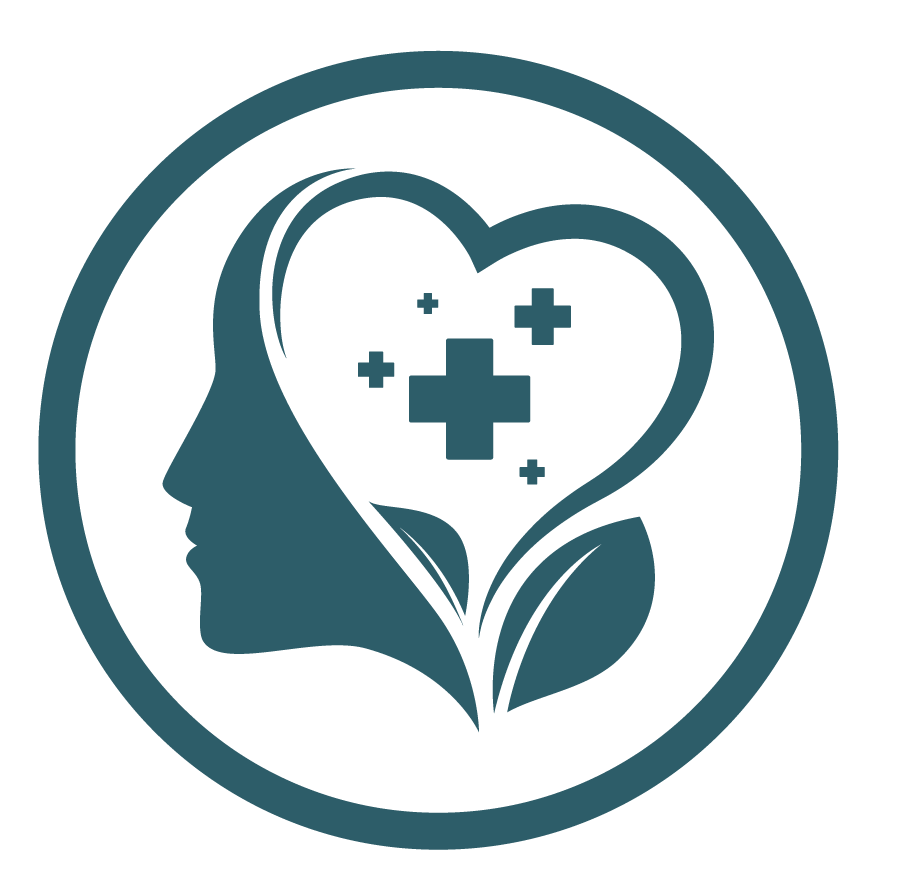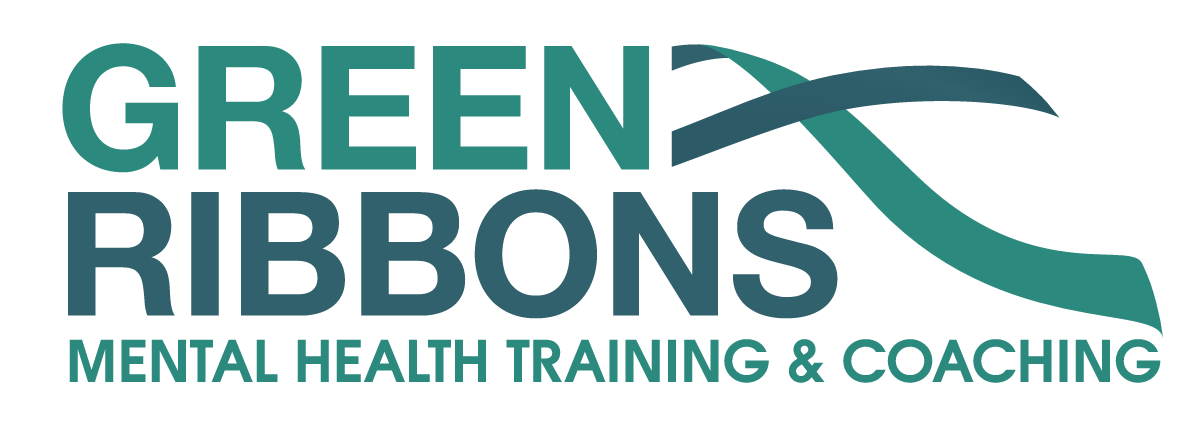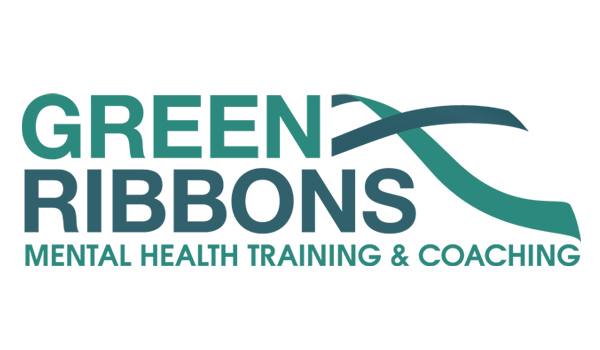Scotland’s Mental Health First Aid (SMHFA) Training

Mental health problems can affect anyone, irrespective of age, gender, or background. In Scotland, mental health issues are a common concern, with approximately one in three people experiencing mental health problems at some point in their lives. These can range from common conditions like anxiety and depression to more impactful and complex disorders such as schizophrenia and bipolar disorder.
The impact of mental health issues on individuals and their families cannot be overstated. Mental health problems can interfere with daily activities, relationships, and overall well-being, sometimes even leading to long-term disability.
- According to the Scottish Health Survey, approximately one in three people (about 33%) in Scotland experienced at least one mental health problem each year.
- Mental health issues have a significant economic impact in Scotland. According to the Mental Health Foundation, the total cost of mental health problems in Scotland was estimated to be around £10.7 billion per year, which includes costs related to healthcare, social care, and lost productivity due to mental health problems.
- Women were more likely than men to experience mental health issues. In 2019, 36% of adult women reported experiencing mental health problems compared to 30% of adult men
What’s on this page?
- The Impact: What are the common effects of Mental Health issues?
- Mental Health Awareness: Why should you undertake Mental Health Training?
- SMHFA: Scotland’s Mental Health First Aid
- What does Scotland’s Mental Health First Aid Cover?
- How does Scotland’s Mental Health First Aid Work?
- Why train with Green Ribbons?
- Get in Touch to Find out More
- Contact Form
The Impact: What are the common effects of Mental Health issues?
Mental Health issues are common: There's something you can do for yourself, your friends, your family and your colleagues...
Mental Health Awareness: Why should you undertake Mental Health Training?
A mental health awareness course can help you better understand the warning signs of mental health issues, reduce the stigma surrounding mental health, and learn coping mechanisms to manage stress and maintain good mental health.
Here are just nine good reasons why you should undertake Mental Health Awareness Training:
The Good news: In Scotland there's an easily accessible solution to enhance your mental health skills...
SMHFA: Scotland’s Mental Health First Aid
Scotland’s Mental Health First Aid (SMHFA) is a crucial initiative designed to educate and empower individuals to identify, understand, and respond to mental health issues within their communities. With mental health problems affecting a significant portion of the Scottish population, the need for accessible and practical support is more vital than ever. SMHFA courses equip participants with essential skills and knowledge to offer timely and effective assistance to those in need, ultimately contributing to a more compassionate and resilient society. Courses are led by experienced, certified instructors who are continuously quality assessed by Public Health Scotland.
The course is designed to equip participants with the ability to offer help in a crisis. The first section teaches participants how to recognise warning signs, approach conversations about suicidal thoughts, and provide support to individuals at risk of suicide. Participants learn the specific steps to take when offering support to someone experiencing a mental health crisis or showing signs of mental distress, while emphasising the importance of empathy, non-judgmental communication, and connecting individuals to appropriate resources and professional help within the Scottish mental health system.
What does Scotland’s Mental Health First Aid Training Cover?
How does Scotland's Mental Health First Aid training work?
Duration
The course takes 12 Hours, typically spanning 2 full days or 4 half-day sessions, providing a comprehensive learning experience.
Certified Instructors
Courses are led by experienced, certified instructors who are continuously quality assessed by Health Scotland.
Interactive Learning
The course features a mix of presentations, group discussions, case studies, videos, and role-playing exercises to ensure a practical, hands-on learning experience.
Small Group Sizes
Classes, of 8-16, are kept small to facilitate personalised attention, encourage active participation, and foster a supportive learning environment.
ALGEE Framework
The course teaches the ALGEE action plan, which stands for Assess, Listen, Give reassurance and information, Encourage appropriate professional help, and Encourage self-help strategies.
Confidentiality
Instructors maintain a safe and confidential space for participants to share their experiences and ask questions without judgment.
Course Materials
Participants receive a comprehensive course manual and additional resources to support their learning and ongoing development.
Certification
Upon successful completion of the course, participants receive a certificate that validates their skills and knowledge as Mental Health First Aiders.
Ready to find out more? Contact Us Today
Why Train with Green Ribbons?
Unraveling the Threads of Mental Well-being
Green Ribbons is dedicated to delivering high-quality Mental Health First Aid training in Scotland, empowering individuals to recognise mental health challenges, provide support, and foster a culture of empathy and understanding. By tying together knowledge, empathy, and resilience our accessible mental health training promotes understanding, reduces stigma, and enables individuals, businesses and communities to prioritise mental well-being. Everyone benefits from Mental Health Awareness Training
Our Experience
- 30 Years as a Mental Health professional
- Experience across a range of Third-Sector Organisations
Our Specialties
- Scotland’s Mental Health First Aid (SMHFA)
- Tailored SMHFA Training
- Individual Mental Health Awareness Modules
- One-to-one Training & Coaching
Our Approach
- Top Customer Support
- Most Liked Company
- Best In Class 2016
- Friendliest Group
Our Areas
- Moray
- Highland
- Aberdeenshire
- Aberdeen City
- …across Scotland
07726 780800
Call
Call us for an Informal chat about Scotland’s Mental Health First Aid and Mental Health Awareness Training
- We can discuss how SMHFA can benefit your organisation and explore options
info@greenribbons.co.uk
@GreenRibbonsHQ
Socials
- Facebook: @GreenRibbonsHQ
- Twitter: @GreenRibbonsHQ
- Instagram: @GreenRibbonsHQ







